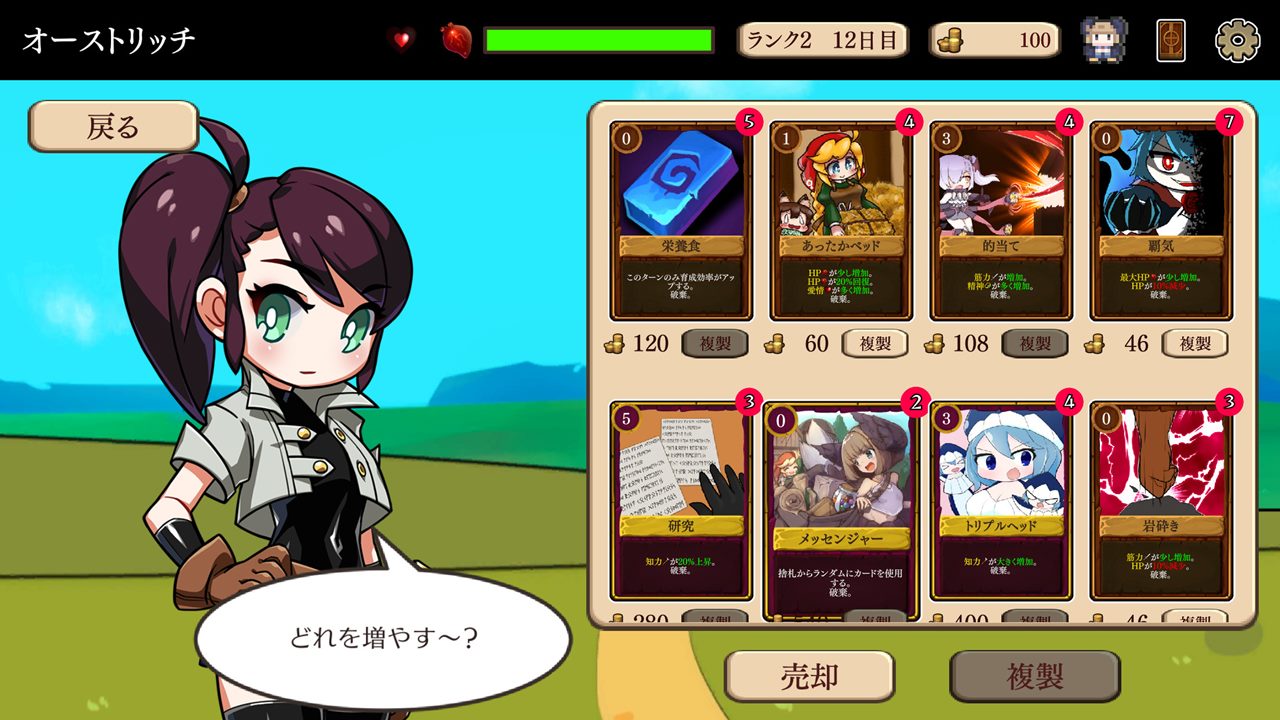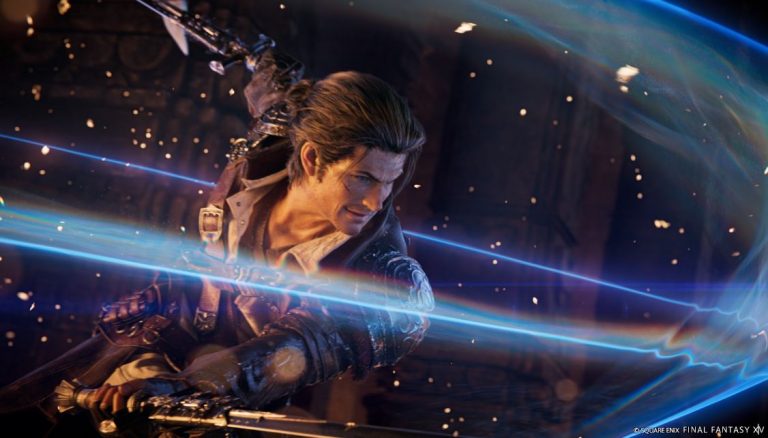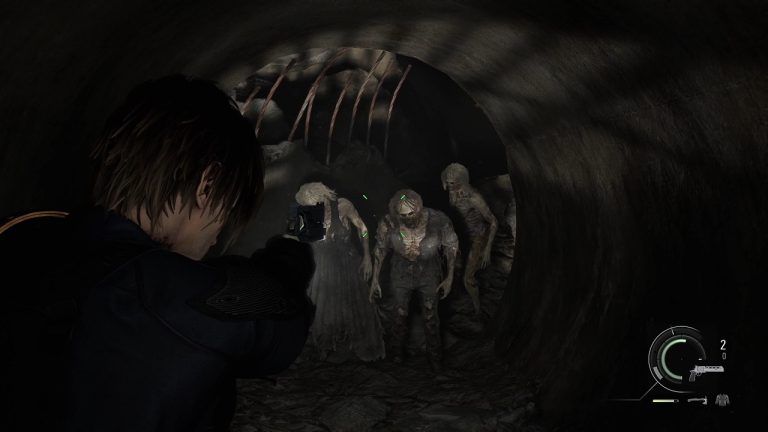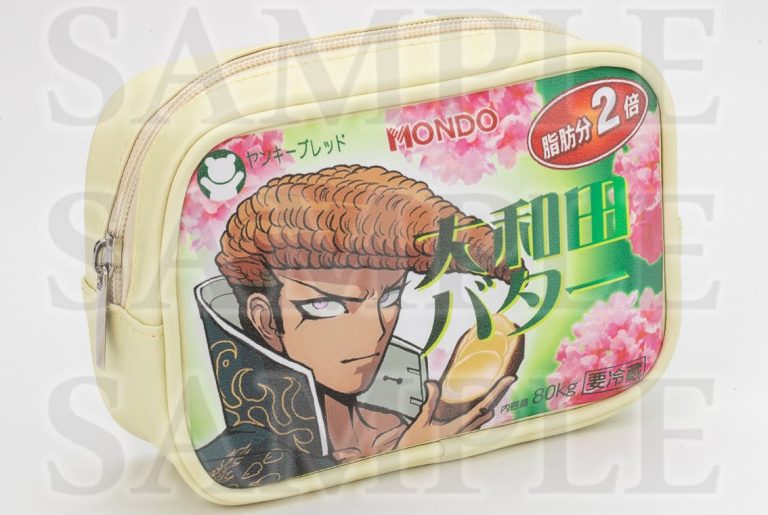Written by. Nick Mosier based on the original Japanese article (original article’s publication date: 2021-12-16 12:57 JST)
Japanese solo indie game developer Aoi Minato revealed on their blog that their game Monmusu Gladiator has sold around 5,000 copies. In the blog post, Minato looks back on the methods they tried in order to sell the game. For this article, we’re going to summarize that post while adding in some supplemental information from our conversation with Minato.
Monmusu Gladiator is a roguelite RPG that released in Japan in February of this year. The protagonist of the game is a monster breeder that raises monster girls with the aim of reigning supreme in the arena. It’s a simple but deep deck building game.
Recouping development costs
The development was mostly handled by Minato, but they also made use of some outsourcing. When asked if they were able to recoup the development costs, Minato said, “I was able to recoup the costs of outside orders and for the equipment used for development.” While it doesn’t seem to have covered living expenses, Minato was getting income from their main job and didn’t seem too worried about it. Minato said they felt the sales were more than sufficient.
Is 500 yen (roughly $4.50) the right price
Monmusu Gladiator isn’t an expensive title at around 500 yen. When asked about the price, Minato said, “It’s easy to recommend to others, and I like buying up games in this price range, so I felt it was appropriate.”
Doing a soft launch on smaller platforms before releasing on Steam
Monmusu Gladiator first released on BOOTH and DLsite before coming to Steam, iOS, and Android 5 months later (The game is only available in Japanese). But why release the game on BOOTH and DLsite before a major platform like Steam? The aim was for it to be like a soft launch. Minato first wanted to release the game on a platform with fewer users in order to look at their responses and boost the game’s quality before releasing it somewhere bigger like Steam or the App Store.
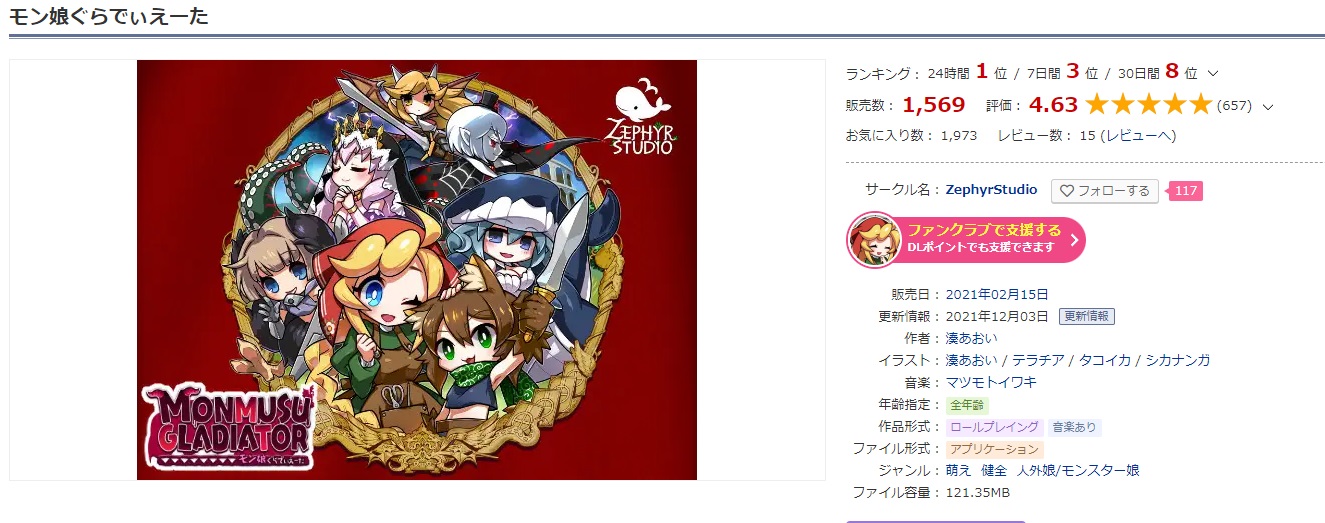
If a game releases on a major platform and isn’t high quality, a negative perception will surround the game. And wiping away that negative perception once it’s there is tough. Minato also says that even if they made use of Steam Early Access, if they got a large volume of feedback, it would have been impossible to handle it all. For that reason, they went with BOOTH and DLsite which have fewer users and don’t charge a fee for sales.
Marketing the game
Minato says they tried various methods to market the game. They collaborated with another game, participated in game events, tweeted artwork that would stand out to promote sales, and spread user reviews and impressions. Minato made a pretty concerted effort to get the word out about Monmusu Gladiator.
Minato says that of all their PR efforts, sending out the press release saying the game was available for pre-order was the most effective. Pre-orders and wishlist numbers shot up. In addition, the game was ranked number one in the App Store’s paid card game category and number 5 among all paid games, which Minato says was another moment they saw the rise in sales numbers. The game was also given a discount coinciding with it being presented at Indie Live Expo Winter 2021 and sold around half as much as the game did during its launch period.
How 5,000 sales is interpreted will vary by person, but it’s worth taking into account that this is a new game from a solo developer without a big name in the industry. And Minato seems satisfied, so I think it’s safe to consider Monmusu Gladiator a success.
Monmusu Gladiator is a useful case study where we can see the results of the efforts that went into its marketing. Minato says they’re working hard to make Monmusu Gladiator even more interesting and have started on a new game.

